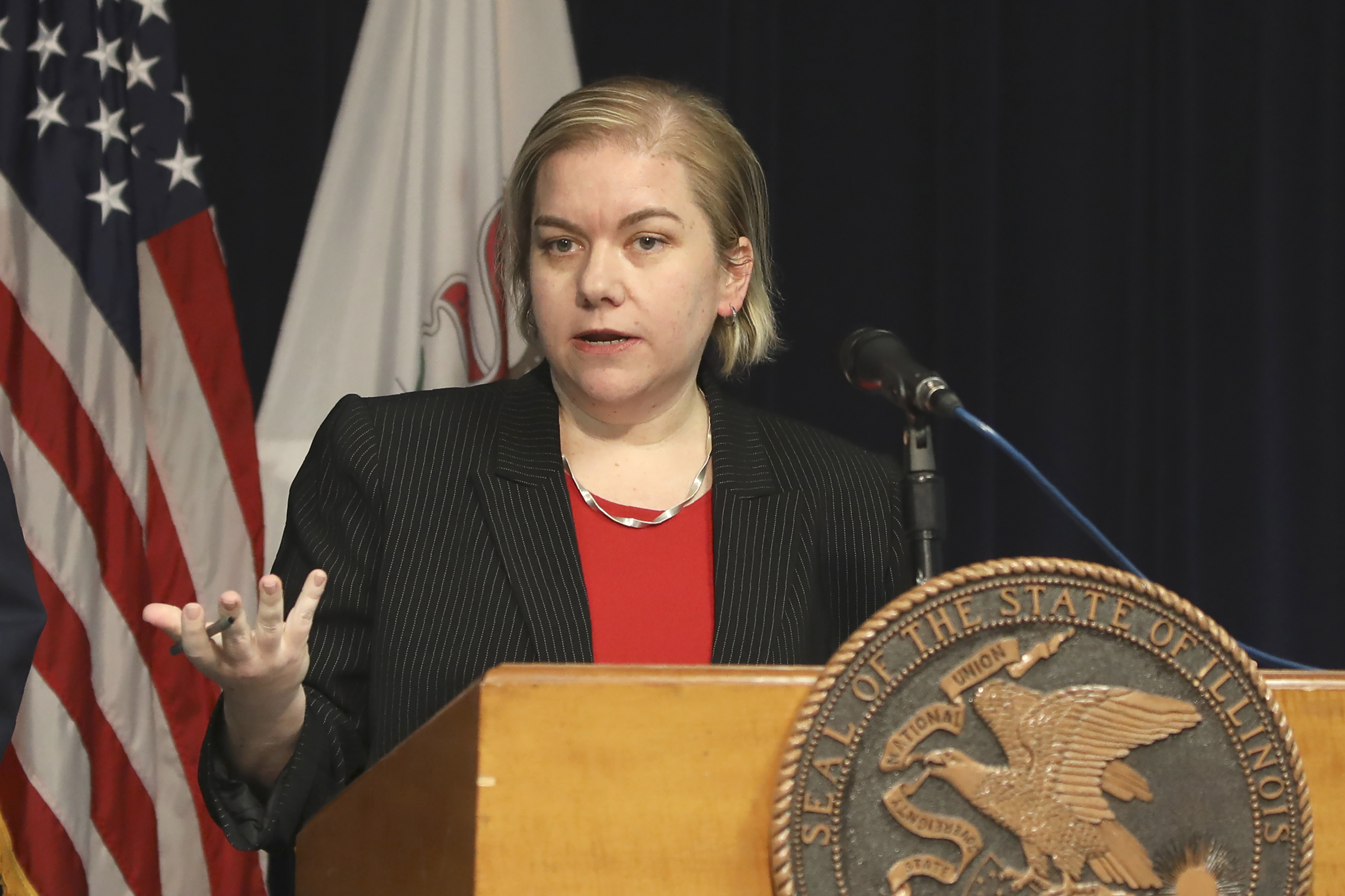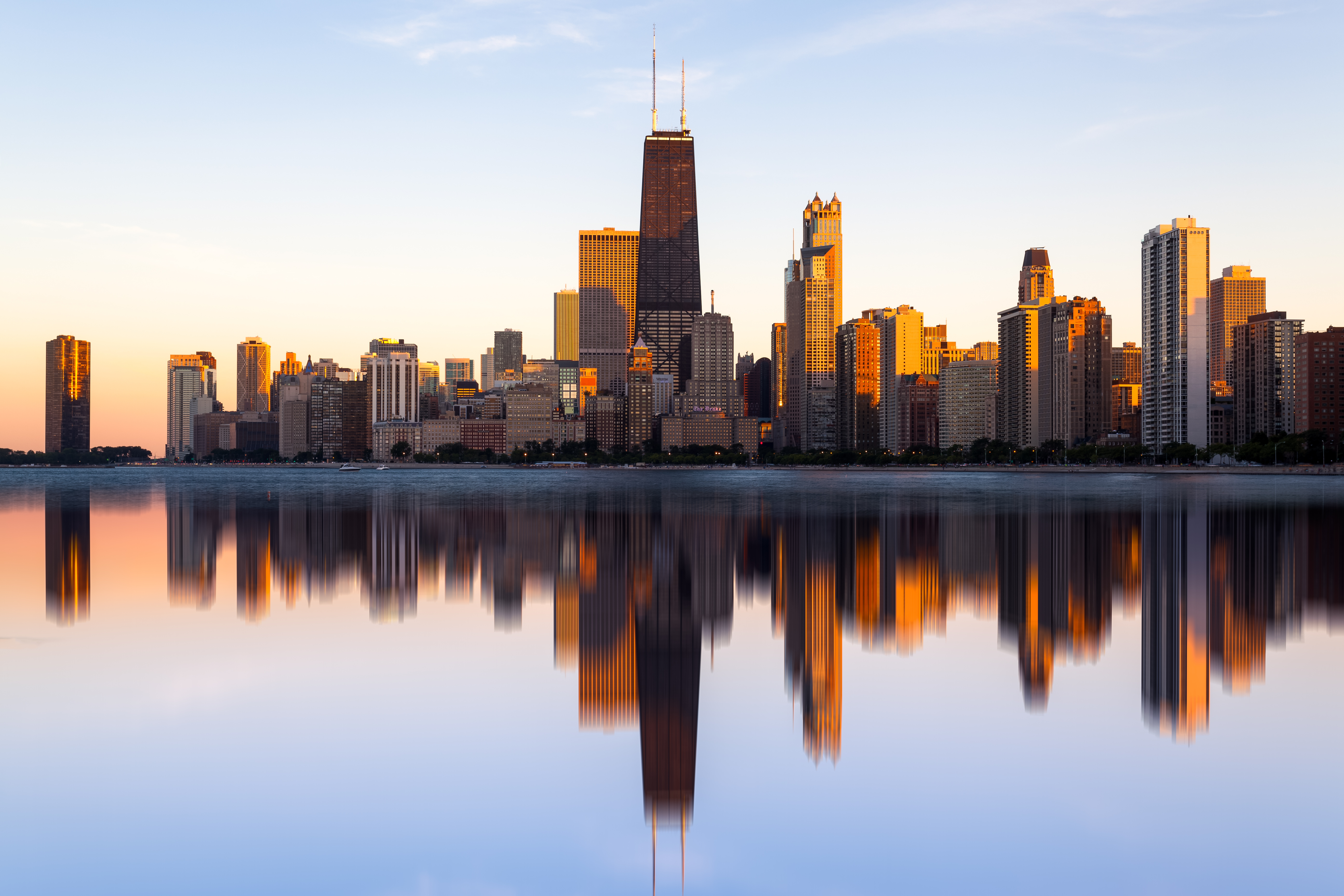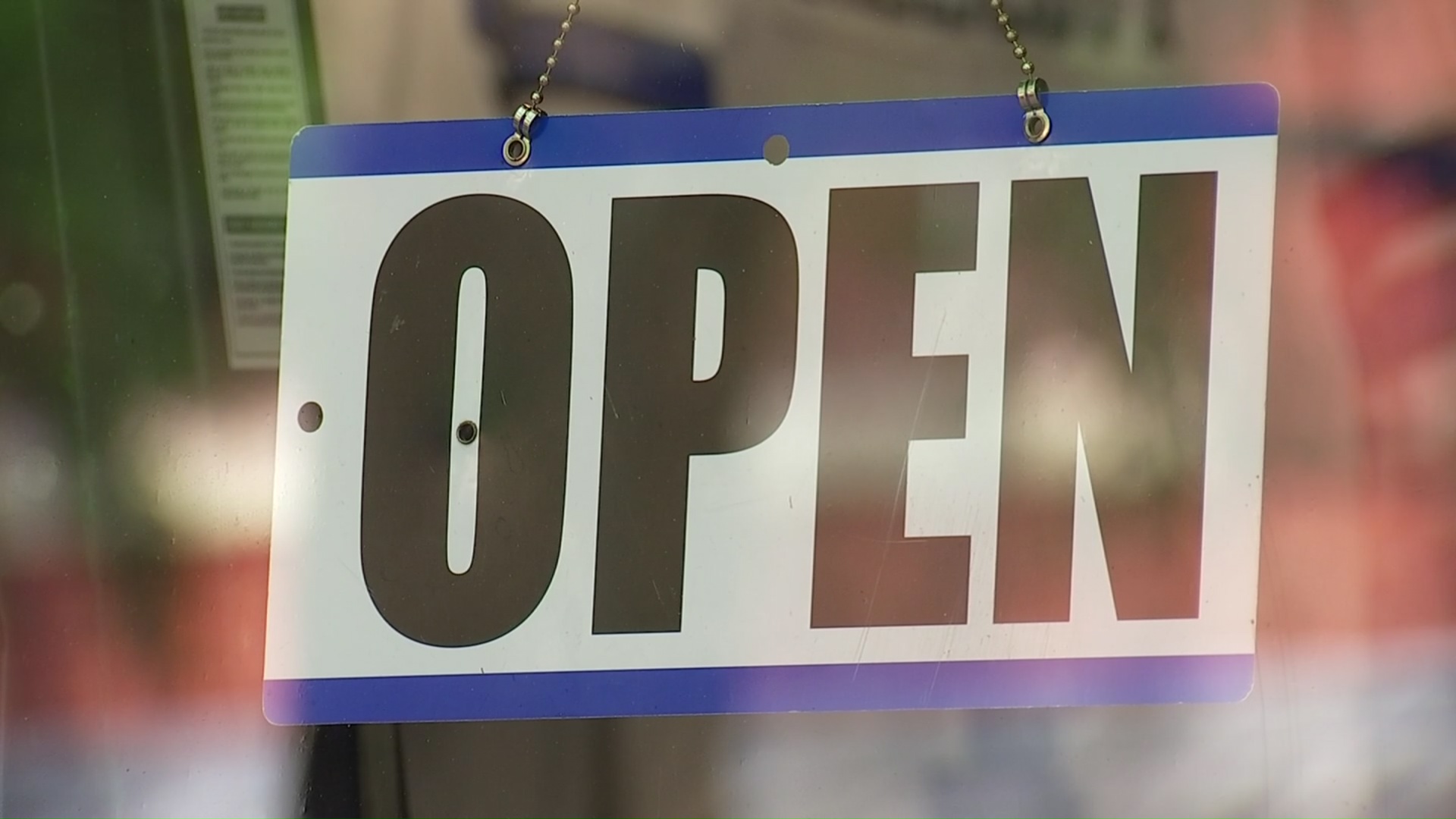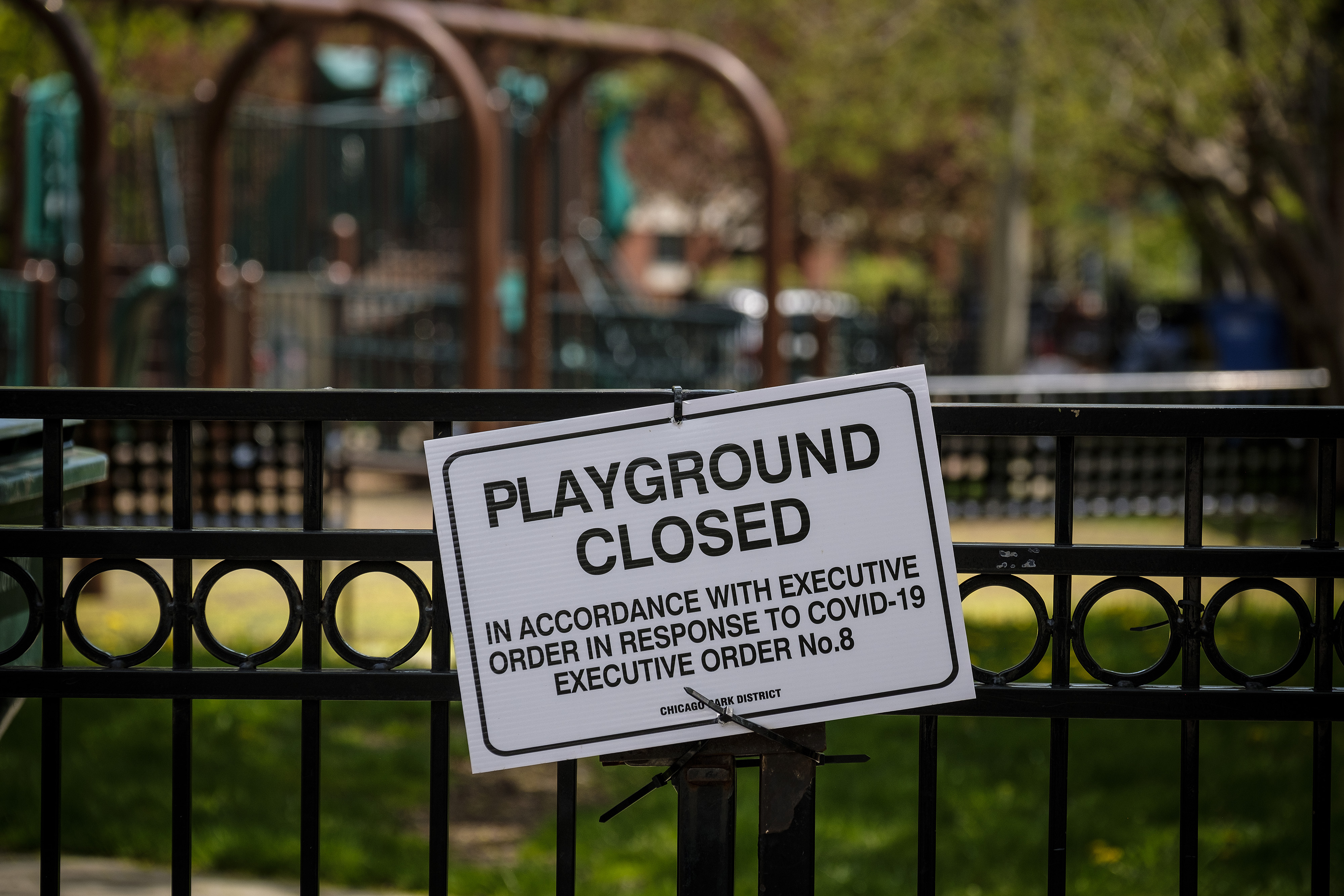Chicago is preparing as several other cities and states have started seeing new spikes in coronavirus cases after reopening.
“We’re seeing increases in cases in about 20 others states that reopened, so our concern is real,” Dr. Allison Arwady, commissioner of the Chicago Department of Public Health said Friday. “No single measure will determine whether we move forward or backward but we’ll be watching all of them as we make that call.”
Already, Utah and Oregon put any further reopenings of their economies on hold amid a spike in coronavirus cases, but there was no turning back Friday in such states as Texas, California, Arkansas and Arizona despite flashing warning signs there, too.
One by one, states are weighing the health risks from the virus against the economic damage from the stay-at-home orders that have thrown millions out of work over the past three months.
Chicago is currently in its third phase of reopening, and while health and city officials have said additional restrictions will likely be loosened in this phase, they're also looking ahead to phase four.
On Friday, Arwady, announced adjustments in the metrics needed to consider moving to phase four.
Among those metrics are:
- a percent positivity rate of less than 7%
- adequate hospital capacity
- at least 4,500 tests per day, maintained, or increase to 6,500 tests per day
- contact tracing investigations of 90% of cases within 24 hours of positive results
- Stable or declining emergency department visits for influenza-like illness or COVID-like illness over 21 days
- Stable or declining rates of cases resulting in hospital admissions and deaths over 28 days
- Declining rate of new cases over 28 days and/or less than 200 new cases per day over 14 days
Currently, the city is on track to meet all of those numbers, except for testing capacity, which saw disruptions due to protest demonstrations and inclement weather.
Still, many have expressed concerns over a surge following mass protests in the city.
Arwady said the number of demonstrators wearing face masks could help limit a resurgence - as long as many also quarantine for 14 days following the events.
"If people are doing that well it's quite possible we could continue to see progress," she said.
If not, however, the city has implemented a system to determine if the reopening should stall or possibly even move backwards. As long as metrics continue to be met, or stay "green," cautious reopening plans can advance. If some metrics are not being met, or become "yellow," the city will "pause and monitor."
But if the city's progress turns "red," plans will stop and some restrictions may be reinstated.
Chicago entered the third phase of its reopening plan amid the coronavirus pandemic on June 3, later than several other cities and states in the U.S.
Currently, schools, playgrounds, bars and lounges, and large venues like stadiums, indoor theaters, music venues and convention centers remain closed.
As of Friday, the city reported 48,924 cases of coronavirus and 2,359 deaths. Of those cases, 42,989 have recovered so far, Arwady said.





